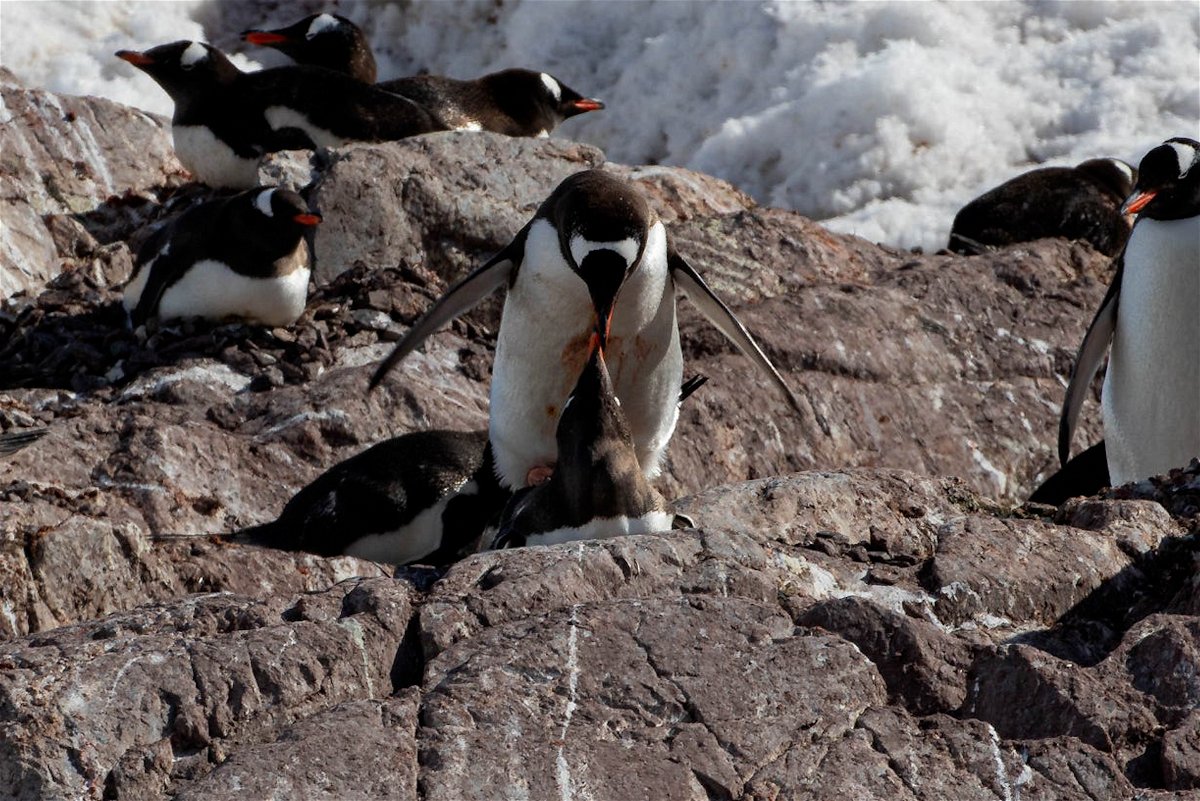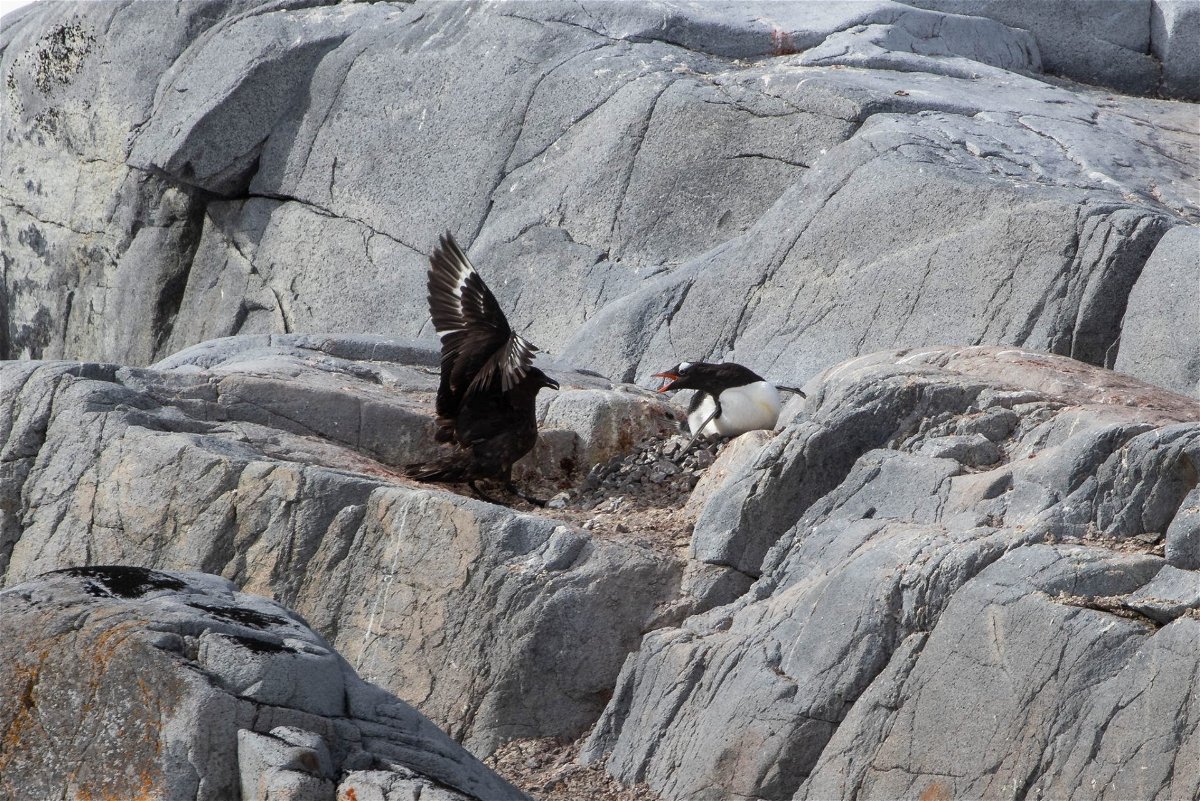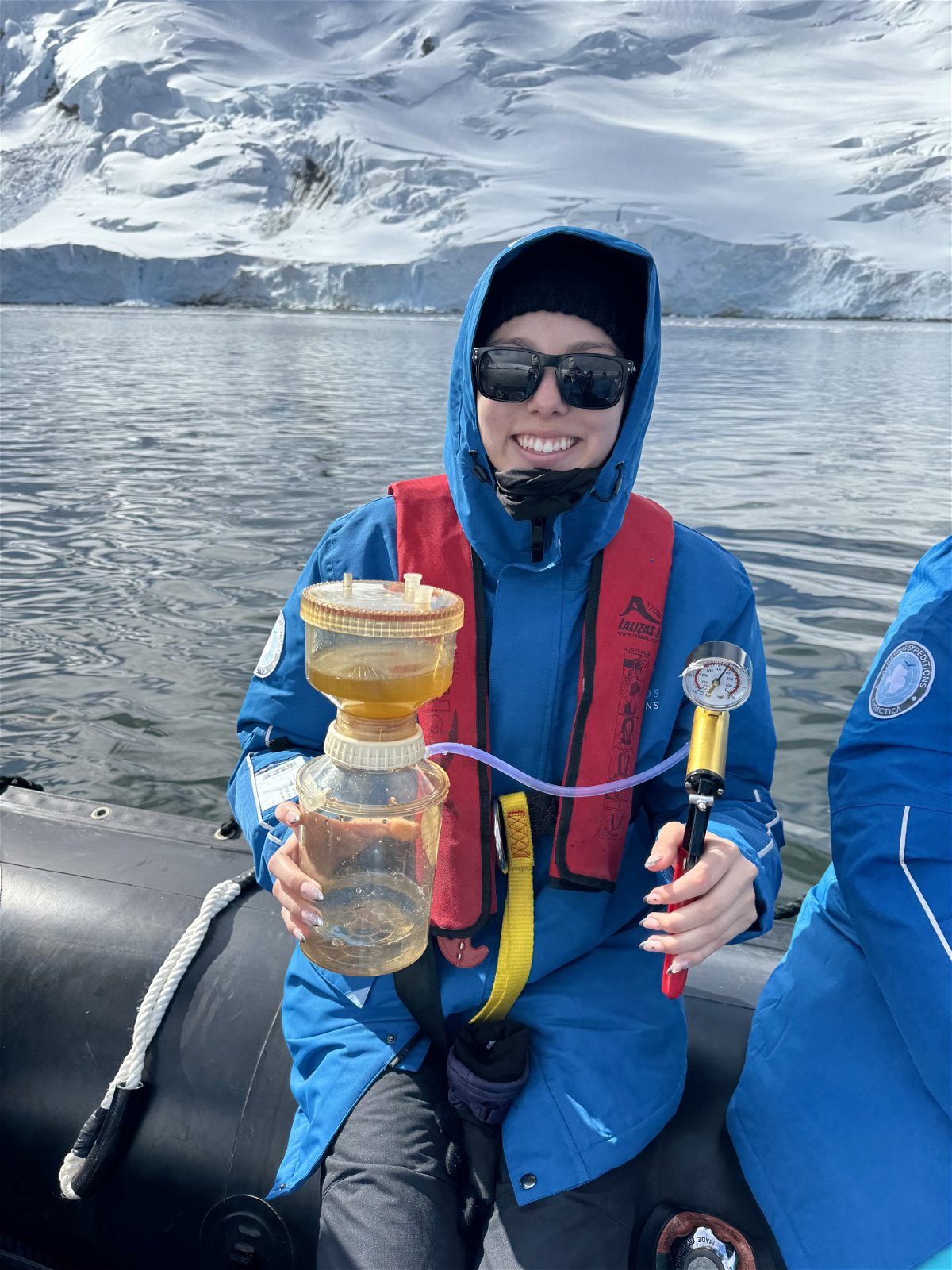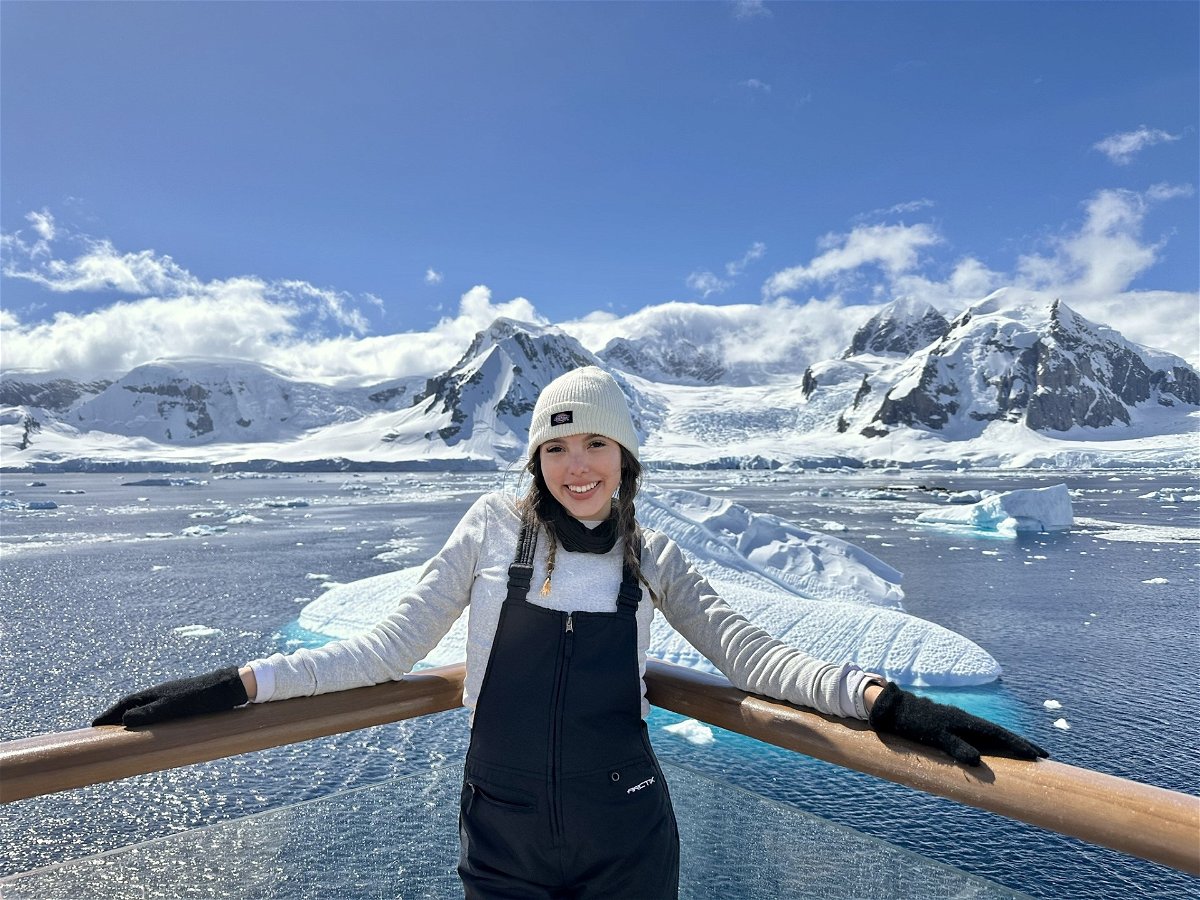ASU student from Yuma shares experience studying abroad in Antarctica
Julysa Urrutia, sophomore at Arizona State University (ASU) explains how climate change affects wildlife
YUMA, Ariz. (KYMA, KECY) - Julysa Urrutia, sophomore at ASU from Yuma is majoring in pre-veterinary science and recently studied abroad in Antarctica.
She was there for about three and a half days and says the experience was life-changing.
"We had to go through the drake passage, which is one of the roughest waters in the world. Not the funnest experience, but I made it to Antarctica and made it safely," says Urrutia.
Urrutia says she chose to study in Antarctica because she's super interested in marine animals and they have some of the best marine animals there.
"For example, orcas, humpback whales, penguins, you know, a lot of that stuff," explains Urrutia. "And I'm really interested in seeing how they interact with their eco-system and it was such a beautiful thing to see."
Urrutia says one example of the fascination she had with the animals is when the orcas approached their boat.
"So one night we were outside and it was super quiet outside. So while we're outside, we noticed, we heard actually that there was water spouting. And we noticed from three miles away, we saw some orcas and it was about 15 of them and we were just so fascinated," describes Urrutia. "And they slowly started to get closer and closer and closer to our boat. And you just see them jumping out of the water and something crazy happened. While they were jumping out of the water, we saw them mating while we're there."
Urrutia even shared a fun fact about penguins most wouldn't know.
"Oh, my goodness, they stink really so bad. It stinks because there's no one there cleaning their feces or anything and they also throw up their stomach lining. So it's it's pretty stinky there," shares Urrutia.

Urrutia says she even saw birds steal penguins' eggs.
"The penguins were highly focused on us humans because they are highly protective of their eggs or their chicks. So when they were looking at us, that gave the opportunity for birds to go and sneak up right behind them and try to get their eggs or get their chicks," says Urrutia.

She explains that climate change has a huge impact in Antarctica, expecting it to be much colder than it was.
"Coming from Yuma, it's super hot here, so I absolutely hate the cold. So when I went there, I could just walk out with a light sweater and just some pants on. So that's one of the things just like, wait, this is Antarctica and it's supposed to be super cold, you know," says Urrutia. "And I get it, it's their summertime when I did go, but at the same time, it made me wonder, like global warming is actually happening there. So it's just such a shock."
Urrutia also says phytoplankton goes along with climate change and she had the chance to examine them.

"Phytoplankton are microscopic organisms. Basically, they're algae, but they are very important when it comes to taking carbon dioxide from the air and they intake it, and that's basically their food. And so phytoplankton are eaten by krill, and krill are eating by penguins," continues Urrutia. "So they're very important to the food chain. Circle of life."
Her class used a filtration device when doing their field research with the phytoplankton.
She explains how they dragged a net through the water for about 10 minutes and collected that water.
"I have a little pump right to help filtrate the water through. And then after we filtered the water through, we went back to the boat and collected the samples on this little piece of paper," describes Urrutia. "And you can actually see the algae, which are the phytoplankton. We went back to the boat, we looked under the microscope really quickly just because they die really fast if they're not in their environment. So when we went to go look under the microscope, we were able to see these organisms moving so fast, which is just another full circle moment for me."
Urrutia even had a chance to jump into the ice cold water and says the feeling of it hitting her skin was not an enjoyable one.
"So when I jumped in, you could see I was super cold, I was sucking it in. And as soon as I hit the water, it felt like a thousand knives poking into my skin," Urrutia says. "And I'm glad it's a one and done thing and I get the bragging rights to say it, so I'm never going to do it again."
Urrutia saw so many incredible things that she will remember forever and is continuing her education abroad.

"So this experience allowed me to look into more study abroad opportunities. For example, recently I did apply to go to Africa through ASU and we are able to study wildlife and conservation and study sustainability in Africa," shares Urrutia.
She's excited to see the elephants and have another once in a lifetime experience.
